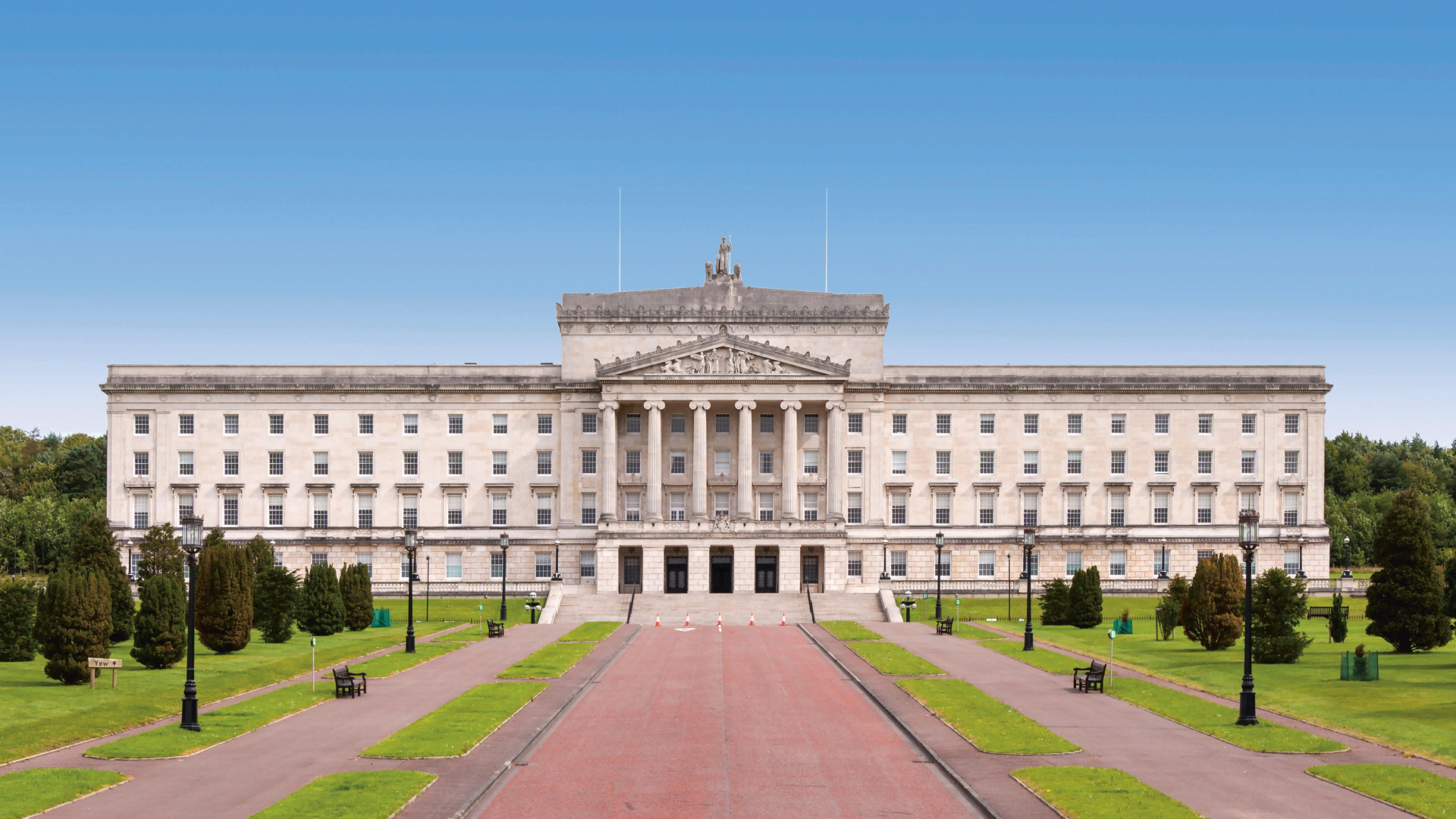The forthcoming Assembly election in Northern Ireland on May 5 is not far off being the most interesting election in decades. It will impact way beyond Irish shores.
Power is shared in Northern Ireland between Unionists and Nationalists, which means in practice that the largest Unionist party cannot govern without the largest Nationalist party and vice versa. These dynamics often provide more reasons for people to vote on the basis of the party they most want to stop, rather than for the manifesto they find most convincing.
This time around five big questions surround the Assembly election.
Firstly, will Sinn Fein (SF) win the most seats and capture the first minister position? In the previous election in 2017, SF won 27 seats to the Democratic Unionist Party’s (DUP) 28, so if it retains all of its seats and the DUP loses just two it would do so.
Secondly, if this does happen, will the largest Unionist party (probably the DUP) nominate a deputy first minister and thereby allow the devolved institutions to function? Neither the DUP nor the more liberal and progressive Ulster Unionist Party (UUP) have been willing to say publicly that they would nominate a deputy First Minister to work alongside a Sinn Fein first minister.
It is likely that the DUP will want the British government to take action on the Northern Ireland Protocol before it would consider a return to Stormont. It might not be a coincidence therefore that British government lawyers have apparently drafted legislation aimed at repealing Section 7a of the EU Withdrawal Act, the legislation which enshrines the Northern Ireland Protocol into British domestic law.





